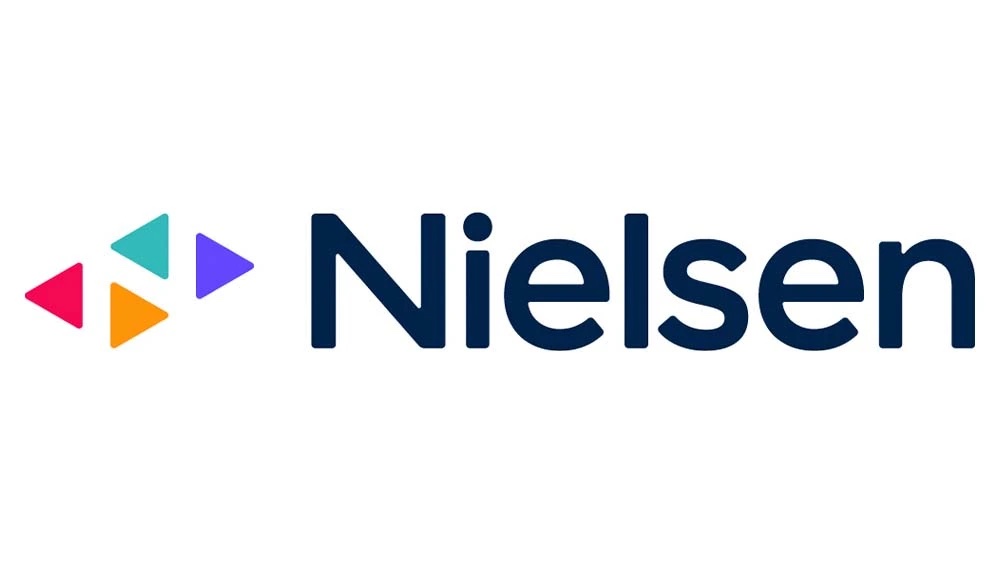FCC begins long journey to universal broadband
Providing basic broadband connections to the 3 million to 6 million American households without access could cost as much as $20 billion, the FCC said last week. And speeding up Internet service for the estimated 10 million Americans who have slower Internet connections could cost as much as $35 billion.
The FCC, whose central mission under the Obama administration is broadband connections for all Americans, held a marathon four-hour session last week to begin tackling the daunting issues ahead. At the first hearing, the commissioners heard 21 presentations and watched more 150 PowerPoint slides.
The FCC said nearly two-thirds of Americans now subscribe to some sort of Internet service at home. Most of the rest choose not to subscribe — some for economic reasons — and about 4 percent of U.S. households don’t have access other than dial-up service.
“The challenge that we all have to recognize is that the task that we’re being asked to do cannot really be done with the current resources,” Blair Levin, executive director of the FCC’s Omnibus Broadband Initiative, told the commissioners.
Such a mission will require the agency to “unleash underutilized assets,” he said.
The FCC hearing followed 26 public workshops that FCC staffers have held focusing on various aspects of the U.S. Internet market as they race to deliver the broadband plan to Congress next February. Six more workshops are planned. Congress directed the FCC to develop the broadband strategy as part of the economic stimulus package enacted last February.
The broadband task force is developing various policy recommendations, such as reforming the FCC’s spectrum regime to use more of the nation’s airwaves for Internet use and tapping the subsidy it uses to provide low-income Americans with telephone service, the Universal Service Fund, to include broadband. The task force is planning to develop more concrete policy recommendations in the weeks leading up to Feb. 17, when the review is due to Congress.
The professional video industry's #1 source for news, trends and product and tech information. Sign up below.
